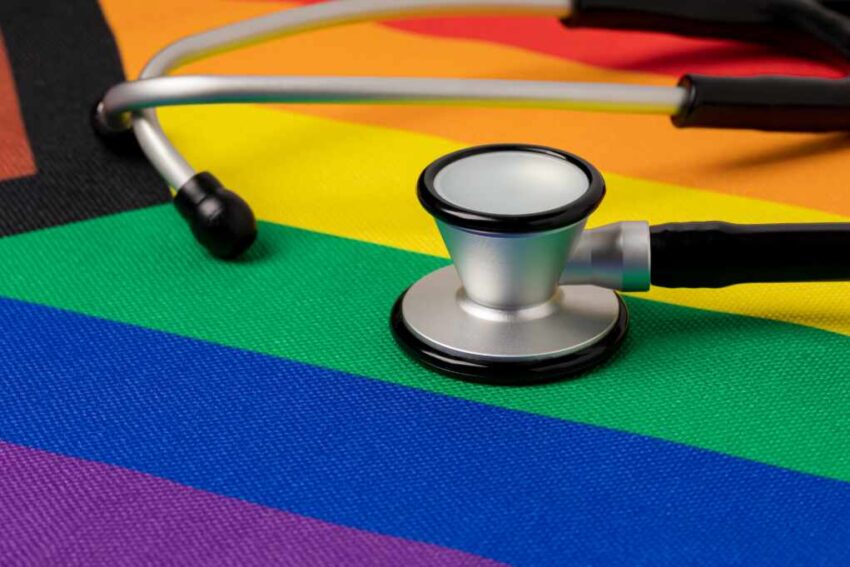Puerto Rico’s lawmakers ignite a firestorm by enacting one of the strictest bans on gender-affirming care for minors, setting a controversial precedent that has both sides clamoring for action.
At a Glance
- A new law bans gender-affirming care for individuals under 21 in Puerto Rico.
- Medical professionals who violate the ban face severe penalties, including up to 15 years in prison.
- Puerto Rico joins at least 25 U.S. states that have enacted similar legislation.
- LGBTQ+ advocacy groups have announced they will immediately challenge the law in court.
Puerto Rico Enacts Draconian Ban
In a move that aligns Puerto Rico with the most conservative U.S. states, Governor Jennifer González has signed into law one of the nation’s strictest bans on gender-affirming care for young people. The legislation, passed by the House in early July, bars all such medical care for anyone under the age of 21 and imposes severe criminal penalties—including up to 15 years in prison—for healthcare providers who violate it.
Puerto Rico bans gender-affirming care for trans people younger than 21 https://t.co/AMl13zkbcL
— The Hill (@thehill) July 17, 2025
The law immediately drew fierce condemnation from medical professionals and human rights groups. The LGBTQ+ Federation of Puerto Rico and GLAAD labeled the law “unconstitutional” and “inhumane,” announcing immediate plans to mount a legal challenge.
A New Front in a National War
Puerto Rico now joins the growing list of U.S. states and territories that have moved to restrict or ban gender-affirming care for youth. According to the Movement Advancement Project, at least 25 states have already enacted similar laws, creating a patchwork of access and a series of intense legal battles across the country.
However, Puerto Rico’s law is notable for its high age threshold of 21 and its exceptionally harsh criminal penalties, pushing the territory to the forefront of this divisive national conversation.
A Chilling Effect on Healthcare
Medical associations have warned that the ban will have a devastating psychological impact on transgender youth, who may now face increased rates of depression and suicidality. They also argue that the law strips doctors of their ability to provide evidence-based, medically necessary care to their patients.
The looming threat of a 15-year prison sentence has already created a chilling effect, with clinicians now facing an impossible choice between their ethical obligations and the potential for imprisonment. This could create a healthcare void, forcing families to travel off the island—a financially and emotionally taxing burden—to get the care their children need. The battle over this law is just beginning, but its impact on the youth of Puerto Rico is already being felt.
Click this link for the original source of this article.
Author: Editor
This content is courtesy of, and owned and copyrighted by, https://conservativeamericatoday.com and its author. This content is made available by use of the public RSS feed offered by the host site and is used for educational purposes only. If you are the author or represent the host site and would like this content removed now and in the future, please contact USSANews.com using the email address in the Contact page found in the website menu.








